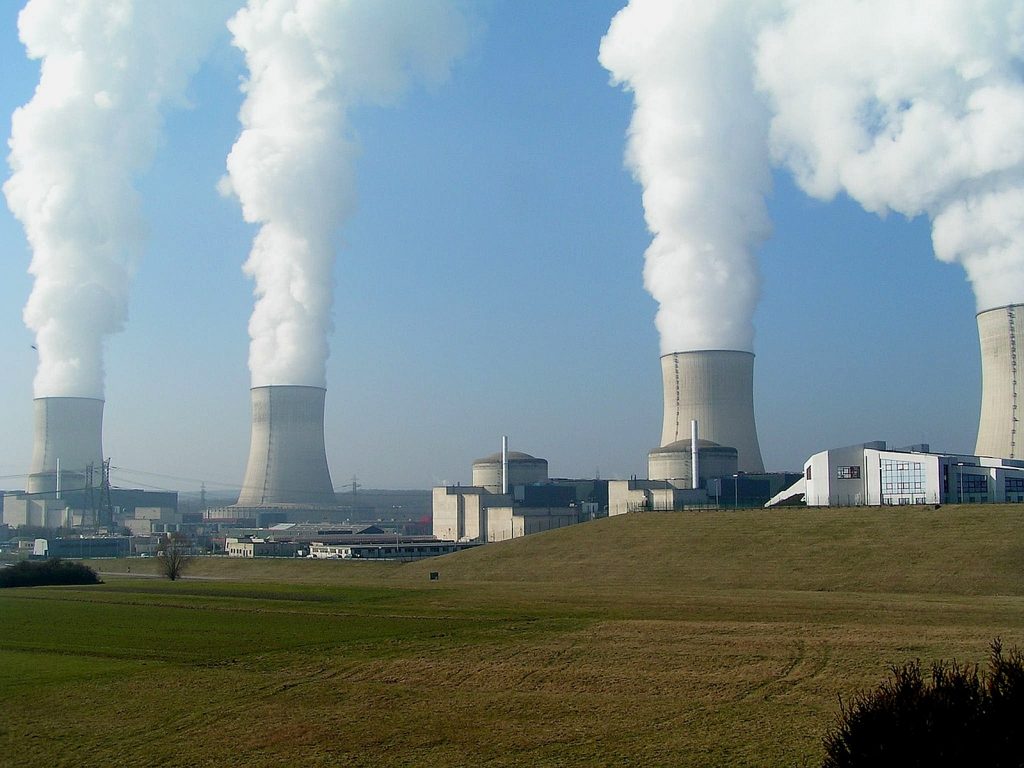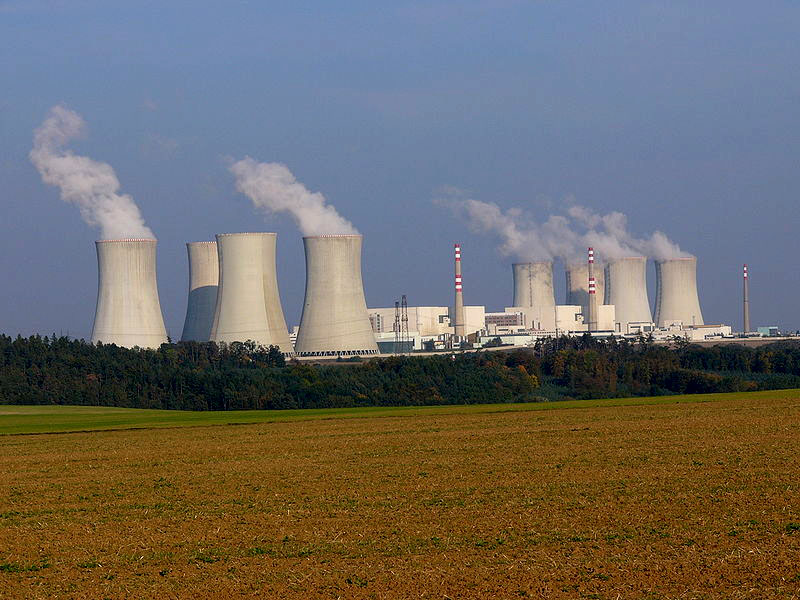Environmental NGOs welcome overdue consultation on UK nuclear station

February 20th, 2018
Today’s launch of a public consultation on a planned British nuclear power station less than 250km from the Irish coast is welcome but long overdue, leading environmental groups have said.
The Irish Transboundary Environmental Public Consultation on the Hinkley Point C power plant will run until 17 April 2018, with advertisements published this morning in national newspapers.
The Environmental Pillar – a coalition of 29 environmental NGOs – welcomed the “vital” consultation as Ireland stands to “bear the brunt of any accident at the proposed facility”.
The €23 billion plant is currently under construction in Somerset on the south-west coast of the UK and is set to be located just 242km from Rosslare.
In a statement, the Pillar stressed that the Irish Government should have opened a consultation five years ago.
The coalition added that it is only through “consistent pressure” from An Taisce and Friends of the Irish Environment that this consultation has come about.
“Until now, our Government has ignored its clear obligation under international conventions and European Directives to assist and enable the Irish people to have their say on this project,” a Pillar statement reads.

Nuclear power plant in Cattenom, France Photo: Stefan Kühn
Environmental NGO Concerns
The Pillar said that the new facility opens up a “Pandora ’s Box of potential problems” for our island in the event of a failure at the facility.
The ESRI recently estimated that the cost of a nuclear accident in northwest Europe to human life and well-being are incalculable, and would leave Ireland with a bill of over €160 billion.
Environmental groups are also concerned with a lack of solutions to deal with nuclear waste, as well as issues with Ireland’s emergency response plans to deal with any potential accidents.
In 2013, the Radiological Protection Institute of Ireland’s assessed the potential impacts of proposed UK nuclear plants on Ireland, finding that the impact on Irish people can be mitigated by sheltering indoors.
Tony Lowes, Director of Friends of the Irish Environment, however, said that the assessment fails to address the feasibility of the proposed mitigation given issues such as the contamination of our water supply.
He added: “Regardless of how low the risk of an accident to occur, the Irish people have an interest in knowing how an accident will be handled here and in the UK.”
According to An Taisce’s Charles Stanley Smith, the issue is further complicated by Brexit which will trigger the UK’s withdrawal from the governance of EU law and the EU Court of Justice. He added that the UK will also withdraw from the EURATOM treaty which covers nuclear safety and waste.
“Our promotion of this consultation isn’t about panicking the public, but to ensure that the interests of the Irish public, their health, our environment, our economy, and, in particular, our Agri-Food sector, are protected and that both the UK and Irish Government don’t ignore these issues,” added Mr Stanley Smith.

Nuclear power plant Dukovany, Czech Republic. Photo Petr Adamek
Consultation Long Overdue
The need for public consultation was raised by An Taisce over five years ago when the NGO went all the way to the UK Supreme court to challenge the granting of permission for the Hickley plant and the lack of transboundary consultation around the decision.
Prior to the legal case, Friends of the Irish Environment went to the Implementation Committee of the Espoo Convention about the issue.
The Implementation Committee, in turn, wrote to the Irish Government at the end of last year to invite them to uphold the right of the Irish public to be consulted.
The Espoo Convention ensures that States notify and consult each other on all major projects under consideration that are likely to have a significant adverse environmental impact across boundaries.
According to Attracta Uí Bhroin, Environmental Law Implementation Group Facilitator at the Irish Environmental Network, the Irish public is “indebted” to the Implementation Committee for holding up their right to have their voices heard.
She also commended the Irish Government for addressing the consultation, adding that it was a “proud day” for Irish environmental NGOs “at the fore in fighting for this important right for the Irish public”.
“We also owe a debt of gratitude to many European NGOs, German MP Sylvia Kotting-Uhl, and the German citizen Brigitte Artman for their support,” she added.
The Espoo Implementation Committee had earlier called for a round of public consultation on Hinkley between July and October last year.
While other concerned countries such as Germany, Denmark, and the Netherlands opened public consultations during this period, the Irish State failed to do so.
Further information on the consultation is available on the website of the Department of Housing, Planning and Local Government.
[x_author title=”About the Author”]







